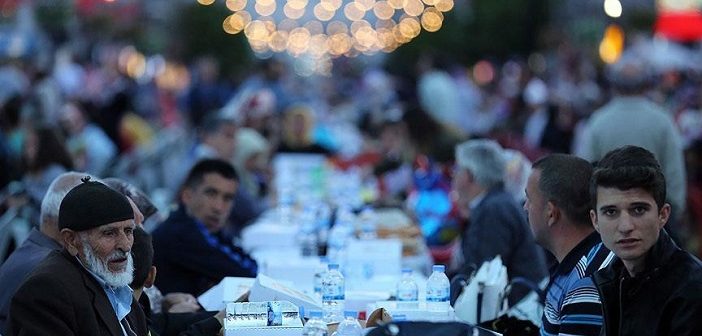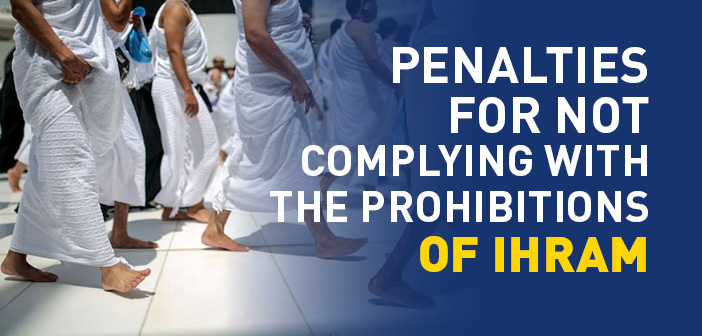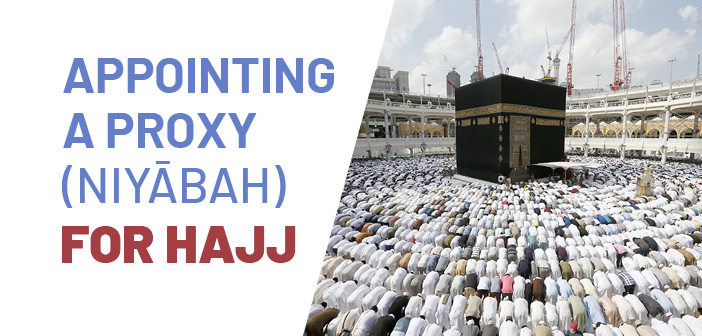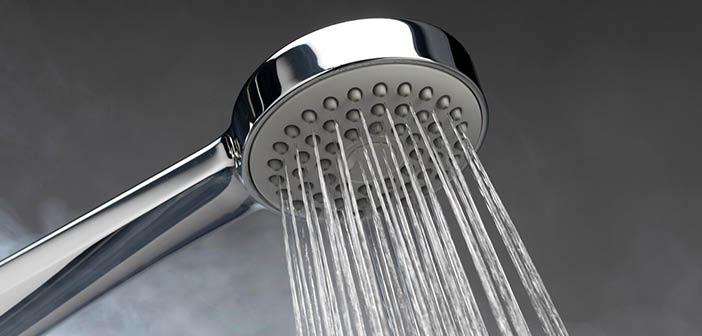
The Conditions of the Jum’ah Salat (Maliki)
What are the conditions of the jumah salat?
The Jum’ah salat has wujub and sihhah conditions. We can show them in this way:
a. The Wujub Conditions of Jum’ah
The wujub conditions for Jum’ah, in other words there are four conditions required in order for the Jum’ah salat to become fard for a person:
- Manhood. To be a man. The Jum’ah salat is not fard for women.
- Freedom. The Jum’ah salat is not fard for slaves, those who are in prison and for those who are under custody.
- Residence. The Jum’ah prayer is not fard for those who are on a journey.
- To be free of handicaps/excuses that removes the fardness of the Jum’ah salat fort he person: The Jum’ah salat is not fard for the sick and elderly that are unable to go and pray it. These people are not held responsible for praying the Jum’ah salat; the elderly that are barely able to walk, the sick that are in no state to go to the mosque, the sick whose sickness becomes worse when they go outside, those who look after seriously ill people and those who fear that if they attend the Jum’ah salat, the sick people they are caring for will become even sicker.
b. The Conditions for the Sihhah of the Jum’ah Salat
There are five conditions needed for the sihhah of the Jum’ah prayer:
- To be found in a country,
- For there to be twelve men besides the imam at the time of the prayer and the reading of the khutba,
- For the imam to lead the prayer,
- Two khutbas,
- For the Jum’ah salat to be prayed in the mosque.
The praying of the Jum’ah salat is not reliant on the permission of the head of state, it is considered mandub to get permission from him concerning this matter.
It is considered sunnah to turn to the khatib while the khutba is being read, for the khatib to sit at the front for the first and second khutba, for everyone who comes for the Jum’ah to make the ghusl before coming.
It is considered mandub on the day of Jum’ah to trim the moustache, to cut the nails, to shave the pubic area, to remove the underarm hairs and clean the teeth using a miswak, to wear nice and white clothes, to cover oneself with sweet scents, to walk in order to go to pray the salat, for the khutbas to be kept short, for the imam to lean on a stick/cane while reading the khutba, to read Surat Al Gashiya in the first rakat and Surat Al A’la in the second rakat of the salat, for children and elderly women to join the jamaat.
c. The Conditions of the Jum’ah Khutba
There are eight conditions fo the two khutbas of
Jum’a:
- For it to be read while standing: If the person reading the khutba sits down, they will have sinned but the Jum’ah prayer will still be considered sahih.
- For it to take place after the sun spins towards the west: If these two khutbas are read before this time, the Jum’ah salat will not be considered sahih.
- For it to be in the way that the Arabs name it ‘’khutba’’. It will not be sufficient if he only says these in the khutba; “subhanallah”, “La ilaha illallah”, “Allahu akbar’’.
- The khutba should be read inside the masjid.
- The khutba should be recited before the Jum’ah salat.
- There should be twelve men present at the time of the reading of the khutba.
- The imam is required to read the khutbas out loud.
- The khutba should be in Arabic even if it is intended to be read to non-Arabs.
Source: Fiqh1 (According To The Maliki School Of Islamic Law), Erkam Publications
The Contents of Fiqh as a Science (Maliki)
The Importance of The Science of Fiqh (Shafii)













